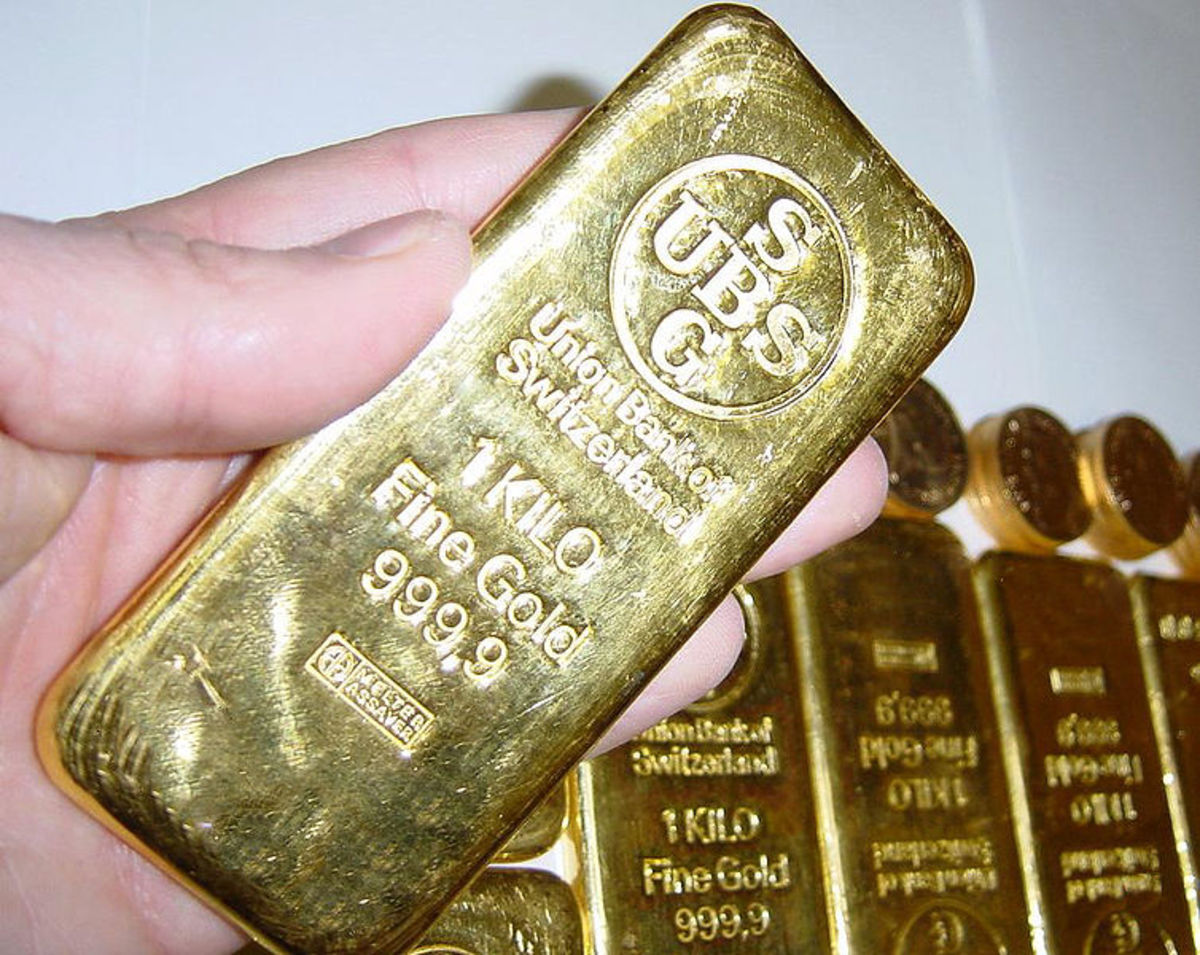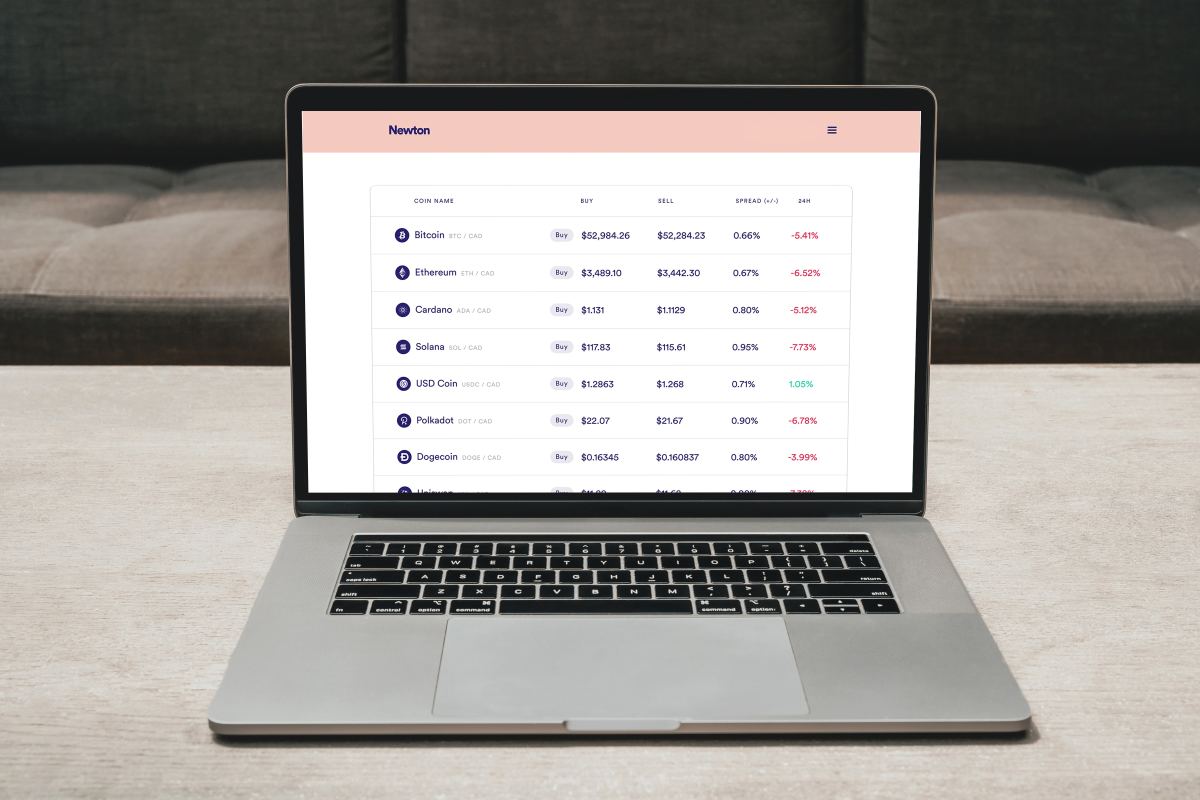Artificial Oil and Gasoline Shortages and Price Increases at the Pump
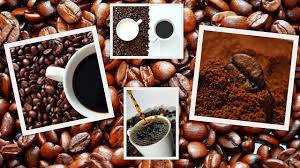
Oil prices per barrel bottomed at $52.68 after New Year's Day 2015. In Central Ohio, a gallon of gasoline costs only $1.80 on January 2, 2015. By mid-February, America had nearly run out of room to store oil supplies.
Questions of Oil Production and Price
In early 2012, we all asked, "Will gasoline prices reach $5.00/gallon in Boston in the summer of 2012?" That was a real possibility that did not occur in the end. However, gasoline per gallon rose above $4.00 on both East and West Coasts.
During 4th QTR 2014, Oil prices began to decline and price per gallon of gasoline in America edged below $3.00 and to around $2.50 or lower by Christmas. By New Year's Day, the price was just below $2.00 in some areas.
During 2014, coffee bean futures rose rapidly by 57%, while oil & natural gas prices dropped dramatically.
Do real content differences exist between winter-grade and summer-grade gasolines? The answer appears to be "Yes."
Summer grade gas reportedly contains more gasoline and fewer additives, but probably not enough additional gas to create a gas shortage - at least not in 2014.
Should America work toward totally green alternative energies and eliminate use of petroleum products? I do not think that this is currently possible and if we stop using petroleum in order to protect the environment, should we not also stop selling it outside our country?
Has America experienced both real and artificial shortages of oil, gas, and foodstuffs? Yes.
OPEC, the Organization of Petroleum Exporting Countries declined to restrict oil output in November [2014] despite pressure from its member nations.
— Samantha Sunne, Reuters, 1-2-2015Supply and Demand and the Climate
During the high-trade Summer Travel and Tourism season for 2012 and any other year in America, gasoline prices will increase. The demand for gasoline goes up with increased vacation and conference travel, so the price of gasoline goes up, which many people learn in school as the operation of Supply and Demand. No matter whether the price per barrel of oil increases or decreases, gasoline prices are going up during the peak travel seasons that include at least two: summer for vacations, summer education, and conferences; and winter for people in the north that own second homes in warmer states or vacation in warmer countries.
In 2012 we heard much about the differences in winter-grade and spring-grade/summer-grade gasolines and the shutdown of processing plants in the spring to clean and repair, then switch over to the warmer-grade gasolines. No onslaught of information so large as 2012's about the change from winter to summer gas was made in previous years, so some may see the information as a type of propaganda message used to justify even higher prices this year over last year. The rationale of the proliferated message is that warmer-weather gasoline contains fewer additives and more gasoline, because higher evaporation rates will cause increased additive-based pollution banned by the US Federal Government/EPA. This may be true, but may be overstated. People that believe that global warming does not exist may use the latter supposition to oppose higher gas prices on the basis that additional pollution will not hurt people or the world (i.e., "therefore, the message is a lie").
No matter what, it seems gas prices are usually higher on the East Coast and West Coast of the USA than in the Midwest. Media reports are that gasoline will reach $5.00 on the coasts by Memorial Day 2012 and $4.50 in the Midwest. Reporting this every day prepares the public for increases and seems to prepare the public to accept them or to arrange other transportation. Prices may indeed reach $5.00/gallon in Boston and elsewhere on East and West Coasts.
People that do not accept global warming as real may see the increased gas prices as government and oil speculators' manipulation of prices. Whatever the truth, a decreased demand for gasoline would usually decrease prices. However, I don't know if enough Americans would decrease their gasoline usage in order to decrease demand significantly. Trucking transport is increasing in several states, so this will cause an additional increase in use.
Summer Vacations...
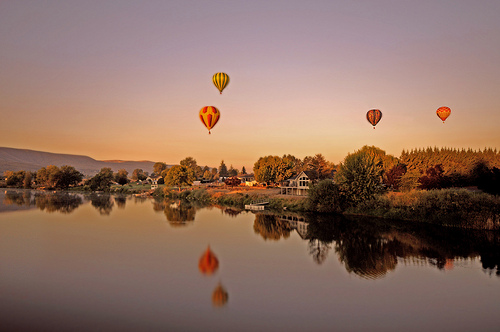
Barrel Oil Prices Declined Around Election 2008
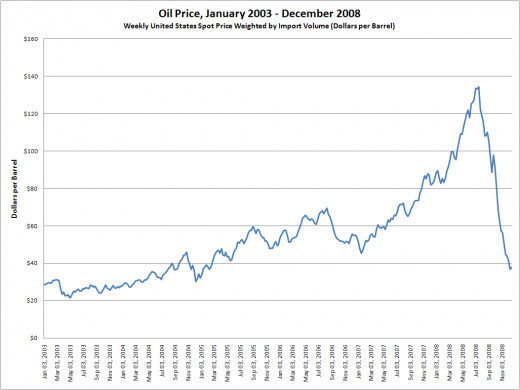
Sky Falling, Oil Rising
American Gasoline Shortages
More gasoline may be used in spring and summer, but America likely has no gasoline shortage --
- The US exports more petroleum products than it uses since 2011 (reference), so the US produces over twice as much as it needs. This suggests lack of a shortage. Long-standing political relationships and high profits keep us from pulling our oil off the market. This is a little like the Irish and Scottish Potato Famines in which governments exported large amounts of potatoes and other vegetables while the citizens literally starved. The Potato Famines are declared artificial shortages by some historians and economists. I must agree with them, because of more recent false shortages, discussed further below.
- Many market specialists hold the opinion that oil prices vary with the actions of oil market speculators, so shortages and high prices are artificial.
- We have been in an oil boom since at least 2010. Huge oil fields are left untapped because of confounding conditions like the lack of housing in North Dakota along Route 2, I-94, and the entire northwest quadrant. Jobs are vacant and there are few places for workers to live. Oil & Natural Gas bosses have asked the federal government many times for help with creating housing and have been turned away. The Bakken Oil Field is purported to contain enough oil to run North America for several decades, and then the giant supply of natural gas there is extra fuel.
- Ohio sits on a giant oil field in which $3.25 Billion was invested already in early 2012 by privately held companies, with more funding to follow from private companies. Oil will be extracted and processed without federal aid. Wind farms have been going up in Northeastern Ohio, and coal mining has continued while other energy sources develop in Southern Ohio. Our universities are creating processes for making oil from algae, as have Universities in the American Southwest. Governor Kasich (R) seems to intend for Ohio to become energy independent by itself, as a state. He vetoed our possibility of having passenger train service reinstated across Ohio and returned the $400 Million train-stimulus funding to the feds, but lower gasoline prices are a good alternative. The National Average price per gallon was reported this morning as $3.52, while many gas stations here offer the price of $3.15 to $3.17. One chain advertises even lower prices for cash payment and they pump the gas for you. However, gasoline is almost always cheaper here than on either US Coast. In Central Ohio, we have a $0.40 - $0.50 change in gas prices up and down every week, with a line of gas stations running north to south in midtown and on the west side having lower prices. As the casino opens in the spring on the west side, more gas stations will likely lower rates to draw more travelers to the area as well.
- Pennsylvania possess a large oil field, also being accessed more fully.
- Texas and Missouri are home to factories that create oil from turkey and chicken partsalready for several years via a high-pressure high-temperature process.
- Southwestern states have been making oil from algae. Ohio is joining them.

Oil and Natural Gas Industries
Oil and Gasoline Use
I think that more business people than would like to admit the fact, know that when you want to eliminate a product or want certain groups of customers to go away, a price increase of the right magnitude can make that happen while simultaneously increasing revenues from remaining customers.
A good example is the hotel resort on Mackinac Island in Michigan. It is so comfortable and beautiful that tourists once came in and sat around the lobby all day without making a purchase. Now an admission fee of $20.00 is levied to enter, charged to anyone that has not paid for a guest room.
During a reported gasoline shortage and spiking gas prices in the mid-1990s, many people in our Central Ohio western suburbs sold their cars and used the city express buses. Within a decade, bus service was cut by half and gas prices were still higher than before the mid-1990s. People purchased cars once more. Gas prices spiked again in the late 2000s, but bus service did not increase. By the 2010s, many local families had been spending 50% of their income on housing, and most of the rest on food and gasoline. They felt trapped. At the same time and continuing in the 2010s, 40 net additional autos were placed on Central Ohio roadways every day, most of them oil and gas users, rather than electric, natural gas, or hybrid vehicles. The city bus system began a gradual change to hybrid vehicles, however (in the 1950s, they were all electric and ran 24 hours a day).
Undeniably, some factions want Big Oil to go away, while oil and gasoline companies want more revenues and more profits. Possible exaggerations made by Oil and by Anti-Oil for their causes may both be at work.
I like the idea of monorails, electric trains, quiet electric cars, and a reduction of dirty petroleum related odors in our cities. I hate oil leaks in the driveway and the street. I don't like changing the oil and pumping gas because of the smell and fumes. However, my vehicle provides a high mileage per gallon, burns little oil, and I don't drive much, so I'm keeping it.
I think that a non-oil Utopia is years away and oil and natural gas should be used until that time. Half a mile from the Ohio State University across from a 24-screen theater we have a bank of a dozen electric car chargers already. The Downtown area has additional chargers. Electric cars and gasoline cars have no difficulty coexisting and the air is becoming cleaner. I still want passenger rail and more adequate public transportation, though.
Like non-smoking cities, we may see a day in which certain American cities become no-oil cities. Oil-using vehicles will bypass them on the way to a gas station.

Deepwater Horizon Offshore Drilling Platform Aflame
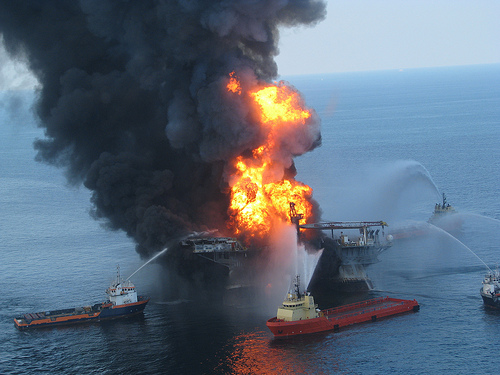
Historical Shortages
Some false shortages were manipulated in the 1940s - 1950s. The most significant I remember learning was one taught to us in elementary school by one teacher that routinely provided more information to her classes than other teachers gave. A shortage of coffee and milk was created in America in order to drive prices up at the grocery stores. This happened when a large number of shipping crews dumped coffee and milk into the Gulf of Mexico.
A market demand for bananas rather than for other fruit was created by a propagandist campaign of advertising called The Kremlin Does Not Like Bananas. Consumers responded to the political ads, a shortage of bananas quickly occurred, and importing increased.
The Irish and Scottish Potato Famines mentioned above occurred before the middle of the 19th Century. Ancestors of mine that had gone to live both places fled the countries immediately and came to America.
Conspiracy theorists ask whether oil spills and off shore oil rig explosions/spills may not be manipulated events as well. These events do result in price increases. Whatever the truth, oil and gasoline shortages may be manipulated. The delays in oil extraction in North Dakota and in opening a new pipeline in Texas may or may not be manipulated events.
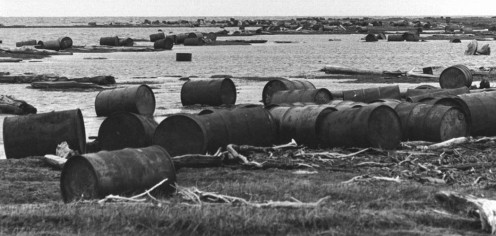
© 2012 Patty Inglish MS




